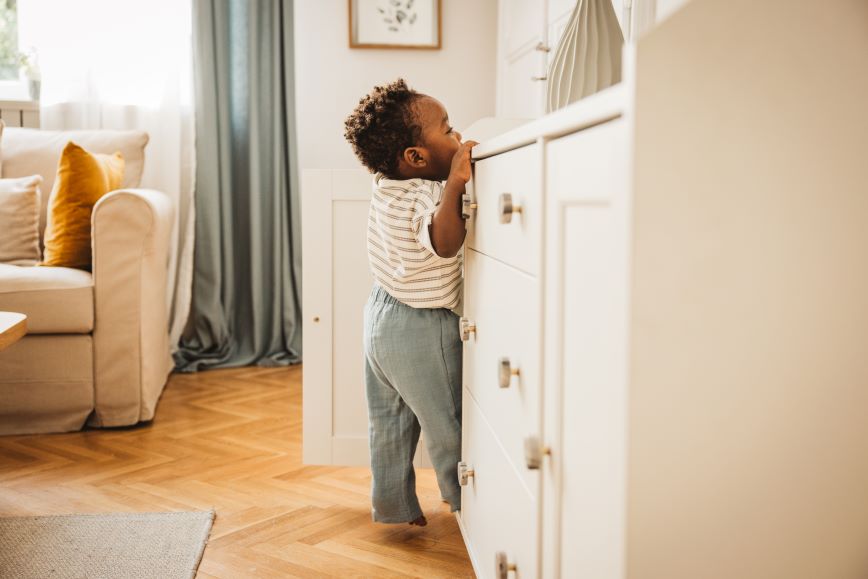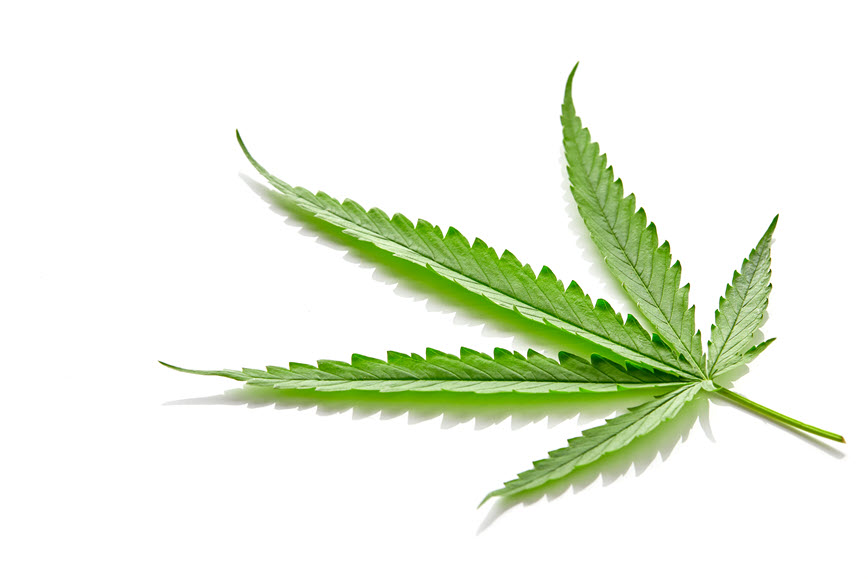Cannabis health effects
Store cannabis safely
- Store cannabis products safely and securely to help prevent accidental consumption.
- Store cannabis products in their original child-resistant packaging and keep the label on.
- Keep cannabis products in a secure and locked place, out of sight and reach of children and pets.
- Store cannabis products separately from food and beverages.
- Store THC products safely and securely while driving
- In Minnesota, all cannabis products (including flower, vape pens, wax and edibles) must be stored in the trunk or trunk area of an SUV. The only exception is if they are sealed in their original, labeled packaging from a dispensary.
For more information about carrying cannabis products in a motor vehicle, See Minnesota "Open Package Law"

What it is
Definition
Cannabis, also known as marijuana, THC, pot or weed, is a plant that contains more than 100 compounds (or cannabinoids), including Tetrahydrocannabinol (THC).
- THC is impairing or mind-altering, meaning it causes a “high.”
- THC can cause intoxication and affect how you perceive and think about things, how you feel, and how you make decisions.
CBD, Hemp and Forms of THC
CBD (cannabidiol) is a chemical extracted from cannabis and hemp plants. It does not cause a “high” like THC. Mild side effects include drowsiness, nausea and vomiting.
Hemp is a cannabis plant that has lower THC levels.
There are a variety of THC cannabinoids. Delta-8, Delta-9 and Delta-10 are forms of THC and can be impairing or intoxicating.
For more information on forms of THC and how THC works in the body, visit the National Institute on Drug Abuse
Types of cannabis use
Smoking or vaping
- People smoke marijuana in hand-rolled cigarettes (joints), in pipes or water pipes (bongs), and in blunts. Blunts are emptied cigars that have been partly or completely refilled with marijuana.
- Some people also use vaporizers, commonly known as vaping.
- Products that are smoked or vaped usually take effect in a matter of minutes.
- Cannabis smoke has many of the same cancer causing substances and toxic chemicals as commercial tobacco smoke. It can harm lungs and other organs.
- Secondhand aerosol from vaping cannabis poses health threats as well.
- Find additional research on the health effects of secondhand cannabis smoke exposure on the American Nonsmokers’ Rights Foundation’s Secondhand Marijuana Smoke Fact Sheet.
Edibles
- Edibles often resemble food products such as gummy candy, cookies, chocolate and beverages. They may also come in tinctures or capsules. These products are constantly evolving and are available in many forms.
- Edibles can take anywhere from 30 minutes to two hours to take effect. The intoxicating or “high” effect from an edible lasts longer (usually 12 hours or longer) than when smoked or vaped.
- Effects will vary by product, and for each individual.
Effects of using cannabis
THC affects everyone differently
Not all people experience the same thing when:
- Smoking or vaping cannabis
- Consuming edibles
Understand how much THC is in a cannabis product before eating, smoking, or vaping.
Temporary effects can vary across products and people and may include the following:
- Reduced hand-eye coordination
- Relaxed or “high” feeling
- Dizziness
- Increased heart rate
- Increased blood pressure
- Slower reactions
- Confusion, anxiety, panic or paranoia
- Trouble thinking or concentrating, including impaired learning and memory
- Seeing or hearing things that are not real (this is rare)
- Cannabis hyperemesis syndrome (repeated vomiting). To learn more about this rare side effect visit Cedar Sinai.
Also important to know
- Some effects take up to two hours to start and last up to 24 hours.
- Several factors affect how quickly a product gets absorbed into the body, including a person's:
- Weight
- Metabolism
- Gender
- Eating habits
- Cannabis use can worsen mental health conditions.
- If used frequently, cannabis might increase the risk of depression and anxiety or worsen depression and anxiety symptoms.
Youth
Cannabis and the law
What to know
- In 2023, Minnesota’s state government made it legal for adults 21 and older to use, possess or transport cannabis.
-
Under Minnesota law, cannabis cannot be used or possessed in a location where the smoke, aerosol or vapor of a cannabis product could be inhaled by a minor.
-
Under Minnesota law, smoking or vaping adult-use cannabis products is prohibited in a multifamily housing building, including patios and balconies.
- Under Minnesota law, all cannabis products (including flower, vape pens, wax and edibles) must be stored in the trunk or trunk area of an SUV. The only exception is if they are sealed in their original, labeled packaging from a dispensary.
- Cannabis is still illegal under federal law, where it is still classified as a controlled substance.
For more information about carrying cannabis products in a motor vehicle, See Minnesota "Open Package Law"
Public health safety concerns
Driving while impaired is illegal and unsafe
Do not drive after using cannabis. Cannabis can increase the risk of accidents by:
- Slowing reaction time
- Impairing coordination
- Reducing your attention span
Cannabis, pregnancy and breastfeeding
Using cannabis in any form during pregnancy and breastfeeding may affect you and your baby’s health.
- Cannabis use during pregnancy may cause:
- Your baby to be born too small or too early
- Stillbirth
- Problems with brain development.
- THC can also be passed from a mother to her baby through breast milk. This further impacts a child’s healthy development.
Unsafe for youth
Cannabis can be addictive and harm brain development in youth and young adults. It can affect memory, learning and attention.
Discuss the dangers of cannabis with children and teenagers.
Child consumption can be dangerous
THC edibles pose a high risk for accidental consumption by children or pets. They can make children very sick.
Store cannabis products in a locked place where your child (and pets) cannot see, reach, or access them.
Symptoms of THC overdose include:
- Excessive sleepiness
- Nausea or vomiting
- Rapid heart rate
- Slurred speech
Poison Control Hotline
If a child consumes a THC product that is not medically certified for them, immediately call a medical professional or the free Poison Control Hotline.
Make the call even if a child has no symptoms.
- Edible THC products can take 30 minutes to two hours to have an effect.
- The peak effect happens three to four hours later.
If symptoms seem bad, call 911 or go to an emergency room right away.
Related resources
For more information about cannabis, see:
Contact us
Health Department
Phone
Address
Public Service Center250 Fourth St. S., Room 510Minneapolis, MN 55415
Office hours
8 a.m. – 4:30 p.m.
Monday – Friday


